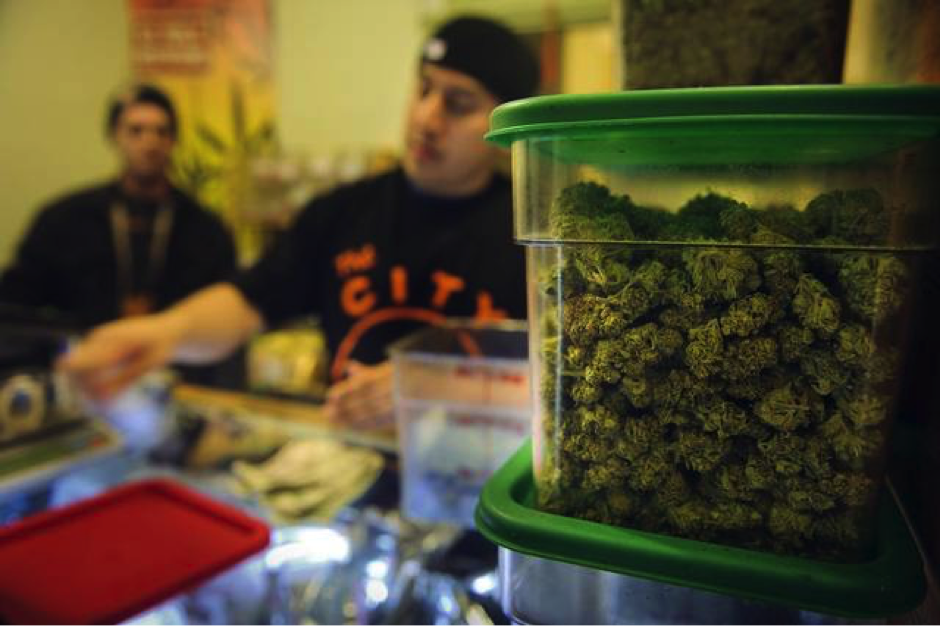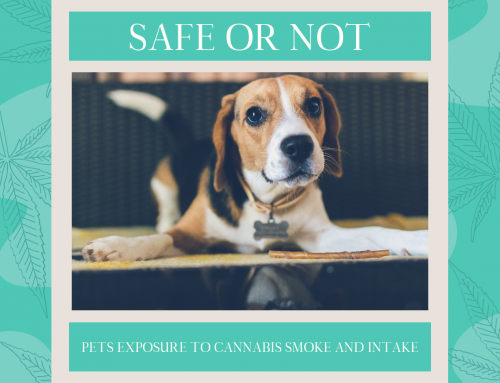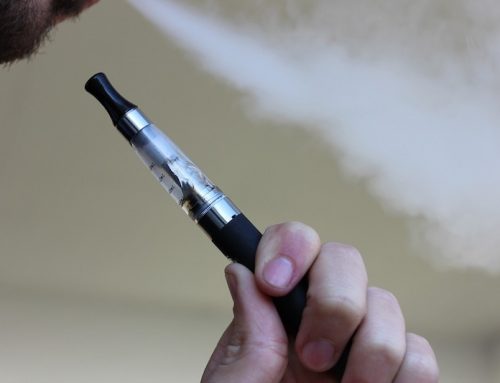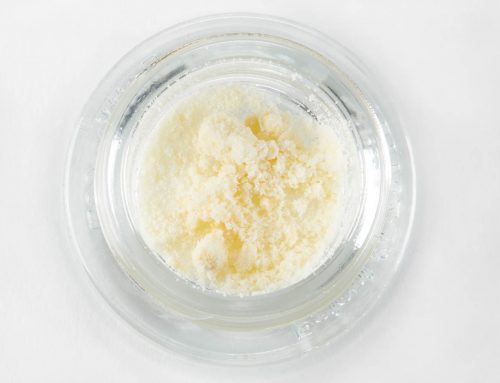For the cannabis community over in California, the one thing nobody wanted to see or hear was any kind of buzzkill following the passing of Proposition 64. Well, none other than the obvious bummer of Trump’s chosen cabinet so far, but that’s kind of by the by and we’ll see how it pans out.
Unfortunately though, those chomping at the bit to dive into a new era of free and easy access to weed have been dealt a rather nasty reality check. Like it or not, the roll out of legalization is going to be more glacial in nature than explosive. Contrary to popular belief…not to mention the wishes of most…it’s not quite as easy as flipping a switch and welcoming the new age. Instead, there’s a huge amount of work that needs to be done at a regulatory level, which could means it’s a while before things really hit their stride.
In fact, total commercialisation of cannabis in California might not happen until 2019.
Suffice to say, this isn’t what most voters were expecting. They’d been told that if the bill went ahead, they’d be able to wander in a store and legally pick up a bag of their favourite green no later than New Year’s day 2018. Which technically they might, but there are plenty of experts and advisors right now warning cannabis users and would-be sellers to expect a long, slow and potentially complicated transition.
It was hard to roll out prohibition of cannabis back in the day – it’s probably going to prove even harder to let it back out into the wild.
Twice the Challenge
Assemblyman Jim Wood, who represents California’s 2nd Assembly District, stated that one of the biggest challenges will be that of coming up with a system that seamlessly incorporates cannabis law at two levels – medical and recreational.
“It is a very real challenge,” said Wood, D-Healdsburg.
“Do we have two systems that move in parallel or one unitary system that combines the two? My hope is that we can all sit down and work out the differences.”
There’s also the way in which disputes on proposed taxation are already boiling over – predominately on the cultivation side of things. Proposition 64 outlines a new system of taxation, which for recreational cannabis would result in the stuff itself being taxed at the point of sale and growers being taxed per-ounce of flowers, leaves and stems trimmed from each plant. However, growers have lashed out at the proposal, stating that it will lead to them paying taxes on waste cannabis matter that goes straight in the garbage and never makes it to any commercial sales setting.
The Trump Card
On top of all of this, there’s the way in which nobody really knows what the Trump administration has in store for cannabis. Of the three candidates that will most likely to be named the new Atty. General, the result nobody in the cannabis community realistically expected was Sen. Jeffrey Sessions. But he got the job, and has made it clear on numerous occasions that as far as he’s concerned, cannabis is the kind of scourge that needs to be driven out of the United States entirely. While common sense would seem to dictate that he alone cannot and will not instigate a Nationwide crackdown on cannabis so soon after the American public went to the vote, it is certainly not beyond the realms of possibility.
“A lot of local governments are cautious and want to see which way it goes, see if federal agents come close them down,” said Nate Bradley, executive director and co-founder of the California Cannabis Industry Association.
“The Trump element was a monkey wrench no one saw coming,”
“He is such a wild card.”
In the meantime, millions of Californians up and down the state are finding themselves in a rather confusing time, when and where cannabis is sort of legal, but at the same time sort of not. Pretty much immediately after the result was announced, employers across California found themselves inundated with queries as to whether or not they would now be eliminating cannabis from their own drug testing regimes. Which technically they could do, if they decided to.
Unfortunately, evidence to date has shown that the vast majority across the board who do implement employee drug tests intend to keep cannabis well and truly under its illegal classification.
On-going Confusion
It’s exactly the same story as it has been in Colorado for many years now. The long and short of it being that while recreational use of marijuana is now legal, employers still have every right to test for cannabis and to use cannabis as fair and legal grounds for disciplinary action or dismissal. It’s pretty much the same way in which they are able to check for alcohol intoxication, summarily disciplining or dismissing employees who fail such tests accordingly.
Which is all well and good when it comes to alcohol, for which conventional testing methods are both accurate and reliable. In terms of cannabis, it’s entirely possible to be disciplined or fired from your job for having cannabis in your system, even if you haven’t in fact been near the stuff for over a week. Testing methods for cannabis use are right now dangerously unreliable and fundamentally flawed, which is in turn leading to a system that is creating more problems than it is in fact solving.
“The problem that California employers will have is a state law that allows uses for recreational purposes, but of course you still have the federal law that makes it illegal,” said Michael Kalt, partner at law firm Wilson Turner Kosmo.
Which pretty much paints a clear picture of the biggest problem facing cannabis in general right now across the United States – law at two different levels. On the plus side, Trump did at least state previously that as far as he’s concerned, it makes a total sense every state to come up with its own laws and regulations when it comes to cannabis. Unfortunately, he also seems to be putting together a cabinet that is extremely unlikely to make any real changes to Federal law regarding cannabis in the near future. Which in turn means that while state laws continue to allow members of the public and indeed businesses to benefit from cannabis legalization, there will still be confusion as to where everybody stands.
As we’ve previously reported, Federal law continues to classify cannabis as illegal and is making it extremely difficult for marijuana businesses at all levels to secure the kind of funding they need to thrive and prosper. Major banks, lenders and investors in general are likely to remain unwilling to make headway in the commercial cannabis industry, until changes are made at a Federal level.
Which as it stands is something that is looking less likely than ever before.
Will California have to wait until 2019 for legal cannabis? Let us know what you think in the comments below.
Related Articles
Jeff Sessions appointment is the Pot Communities worst nightmare
How will a Trump presidency affect the cannabis industry?
California legalizes cannabis. Next stop the whole country?













